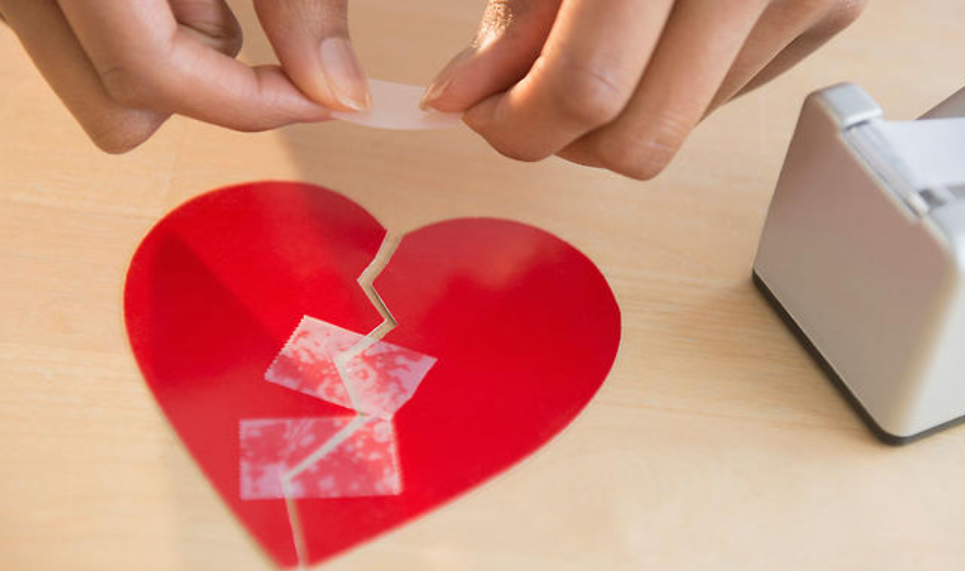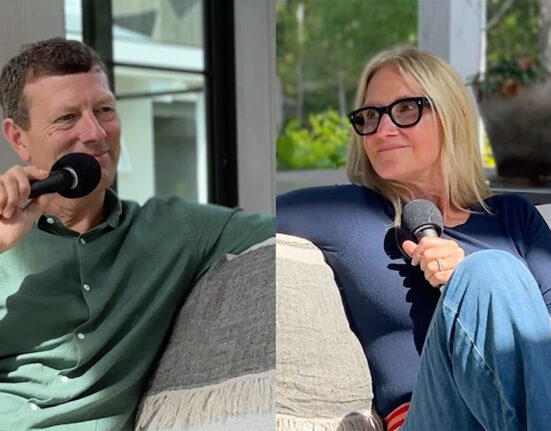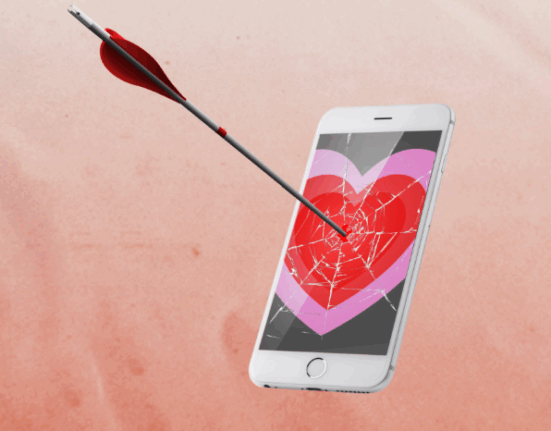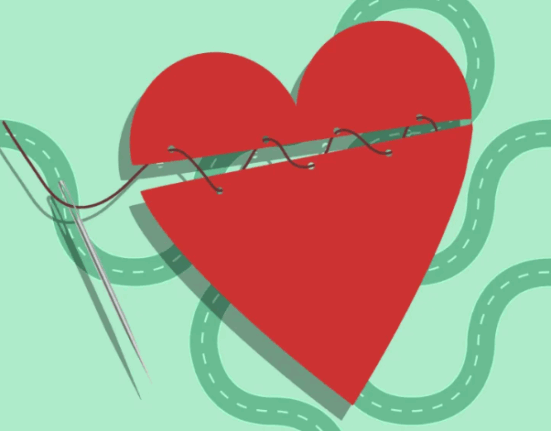Last Updated on February 13, 2024 by Rachel Hall
How to Turn The Rupture and Repair Cycle Into a Healthy Disagreement That Strengthens Your Relationship
Partners fight. Everyone, even the people in the most healthy relationship, will have things they disagree on sometimes. That’s fine! The thing is, you need to find a way to resolve your issues. This phenomenon is known as “rupture and repair” or “the cycle of rupture and repair”, and it’s the way to solve problems and move on with respect. Essentially, a couple faces an issue. Perhaps one of them wants to go out for dinner and the other would rather stay at home. This causes a rupture, where the partners want different things. Then you repair the problem, perhaps by agreeing to get food delivered. There was a disagreement, but it was resolved, and in the end, everyone got pizza. Couples who don’t have a good relationship dynamic won’t be able to find this compromise and will instead turn it into a big traumatic rupture and show off the deeper issues in their partnership.
So, how does one repair a rupture?
Well, start by acknowledging the problem — ignoring an issue won’t fix it. Sometimes, taking a moment by yourself is a good idea so you can calm down and get things into perspective. Then start the process of repair by actively listening to what your partner has to say. Admit responsibility or fault where necessary. If there’s a compromise to the original issue, suggest it. Finish by forgiving and reconnecting with your significant other. The next time there’s something that might cause a conflict, try to act before the relationship ruptures. Try to understand what makes your partner feel upset, and see problems from their point of view.
What causes relationship conflicts?
This really depends on the couple. I see people argue about work responsibilities, little things around the house, lack of quality time together, or constant, low-level stress. Some couples struggle with effective communication, and therefore their relationships suffer. Other times, one partner will feel that their needs are not being met, and fights ensue. Sometimes, talking, offering emotional support, words of affirmation and changing behaviour will help improve things, other times, there are deeper issues that need to be addressed. Unfortunately, I cannot always recommend professional help, advice from relationship coaches, or quality time with a partner — some problems stem from money worries, the pressures of parenting, or physical/mental health problems.
Disagreeing in a mature way.
Fights happen in all relationships, as anyone with siblings will tell you. Developing the ability to repair ruptures in your romantic connections is a really useful tool, and it can be applied to professional disputes, family issues, and arguments with friends. Adult relationships should be much less dramatic because you have better self-awareness and improved relationship skills. I would start by working out a way to improve emotional regulation. It’s hard work! I often try things like taking a few deep breaths or counting back from ten before responding, as this gives me time to organise and articulate my thoughts. After a rupture and repair, I’ll do some self-care as it’s pretty draining, and then I can deal with any lingering emotional pain in a safe way.
Here are some ways to improve repairs after a rupture:
- take a “time out” during an argument
- make sure each person is given time to talk
- be careful with how you frame your statements. Use sentences starting with the word “I” instead of “you”. For example, “I felt upset when you shouted at me,” instead of “You shouted at me”.
- Try to stay on topic
- Find common ground and things you agree on
- Do take a break, but remember that you need to finish the conversation. Ignoring problems won’t solve them
- Practice active listening, where you confirm statements and repeat things every few sentences when your partner is talking
And here are some ways to solve conflicts/a list of repair strategies:
- Admit when you’re wrong
- Apologise using the three-pronged approach (say how you feel; admit your mistake and the consequences of it; make the situation right)
- Compromise, or take turns in “winning” if you can’t find a compromise
- Notice emotions like anger, sadness, and disappointment, but don’t blame your partner for your emotions.
- Give each other some space after the argument, and keep checking in
- Be aware of potential areas of conflict and consider how to manage them
Conclusion
Relationships — romantic or not — can be hard. You’re sharing a big part of your life with another person, and they can act and think in ways you didn’t anticipate. Consequently, you’ll have disagreements and struggle sometimes. This doesn’t mean there won’t be mutual respect, or that one argument means you’re at the beginning of the end of the relationship, or even that you’re dating a selfish person. Take time to develop effective problem-solving skills and remember, in a healthy relationship, you’ll love each other and want to sort things out.

Rachel Hall, M.A., completed her education in English at the University of Pennsylvania and received her master’s degree in family therapy from Northern Washington University. She has been actively involved in the treatment of anxiety disorders, depression, OCD, and coping with life changes and traumatic events for both families and individual clients for over a decade. Her areas of expertise include narrative therapy, cognitive behavioral therapy, and therapy for traumatic cases. In addition, Rachel conducts workshops focusing on the psychology of positive thinking and coping skills for both parents and teens. She has also authored numerous articles on the topics of mental health, stress, family dynamics and parenting.








Leave feedback about this